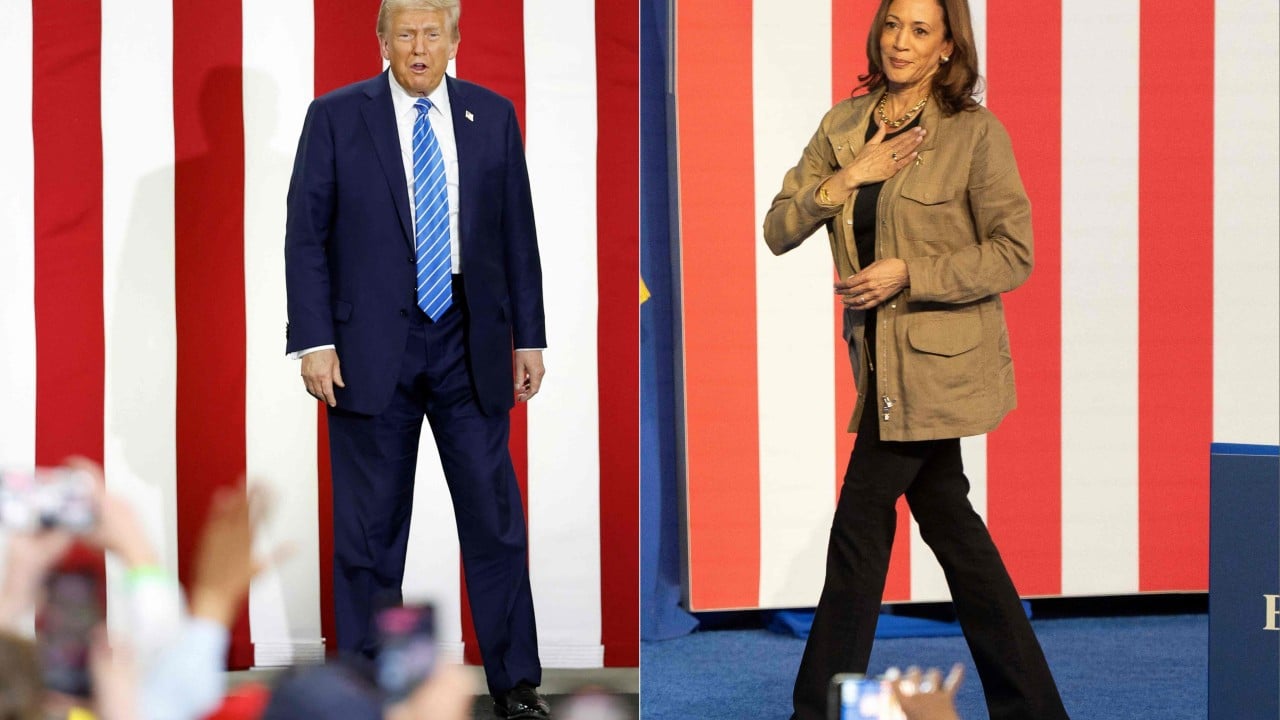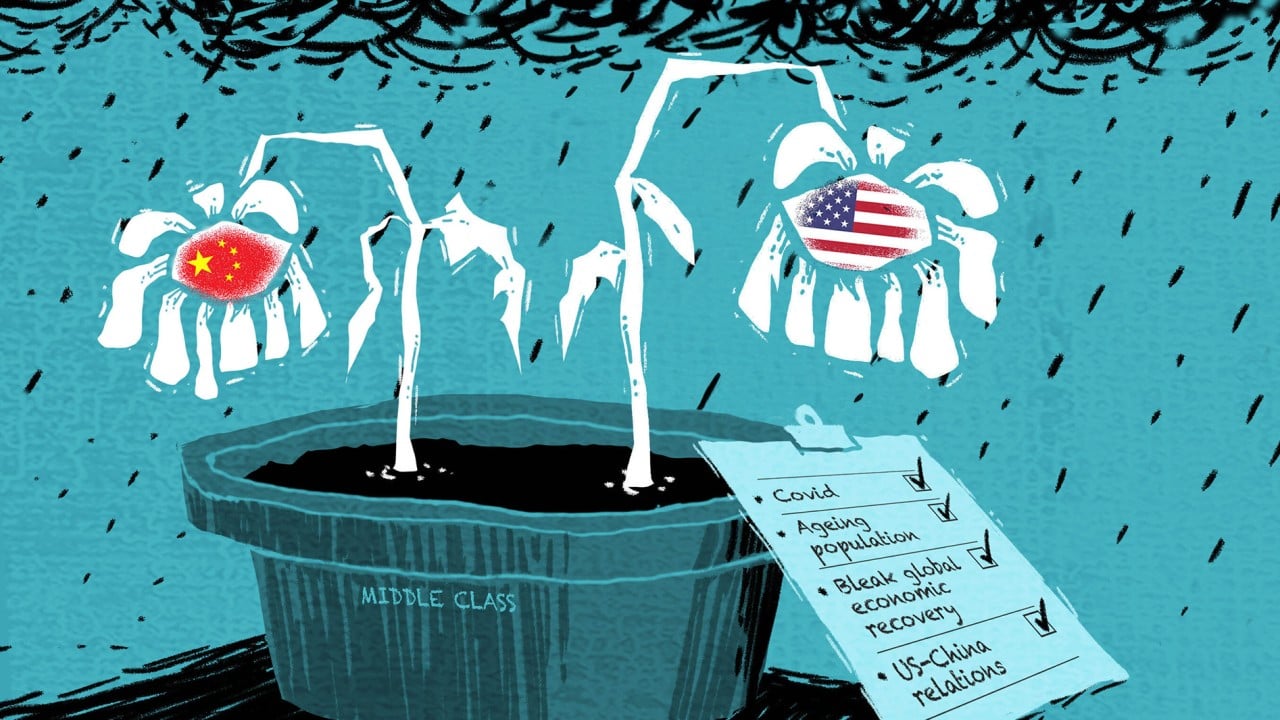As the world anticipates the US presidential election, Asian countries have mixed feelings. Vice-President Kamala Harris and former president Donald Trump have very different priorities and styles, meaning Asian capitals have to prepare for a multitude of scenarios.
Advertisement
Still, a larger question remains: can America continue to play a leadership role in Asia when US policy is dominated by strategic competition with China, the region’s largest economy and military power? This lens, which has bipartisan support in Washington, must be shaped to better match Asia’s strategic value to the US as the engine of 21st century economic and social dynamism.
Having served as South Korea’s foreign minister during the 2020 US election, I am keenly aware that wide US policy swings create uncertainty about the reliability of US leadership. But these moments also present an opportunity to recalibrate how the US can work with Asian governments. The Asia Society Policy Institute has started this conversation by exploring what’s at stake for Asia in the coming election.
For example, US concerns about the deployment of new and emerging technologies could provide an excellent entry point to the region’s development needs. As businesses “de-risk”, the emerging markets of Southeast and South Asia are looking to bolster their positions in the supply chain and ensure their economic resiliency while contributing to global resiliency.
Trade agreements are a critical piece of this strategy but the next US administration will face barriers to providing greater market access, which has been associated in US politics with the hollowing out of middle-class manufacturing jobs.
In a Harris administration, the Indo-Pacific Economic Framework (IPEF) and other minilateral arrangements could be further strengthened to provide mutual economic benefit and value in digital trade, while US leadership on the G7 agenda for economic security can mitigate the impulse to use trade and investment as a tool of coercion.


